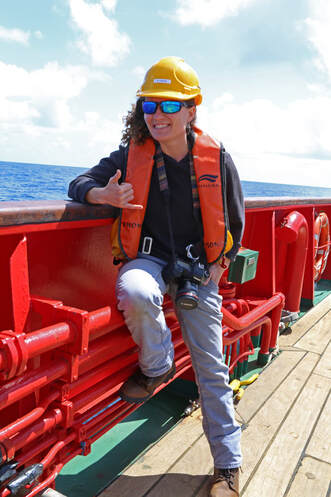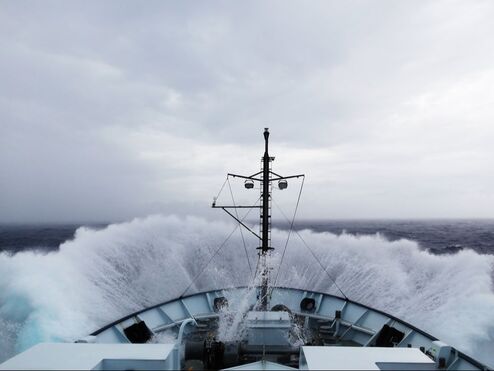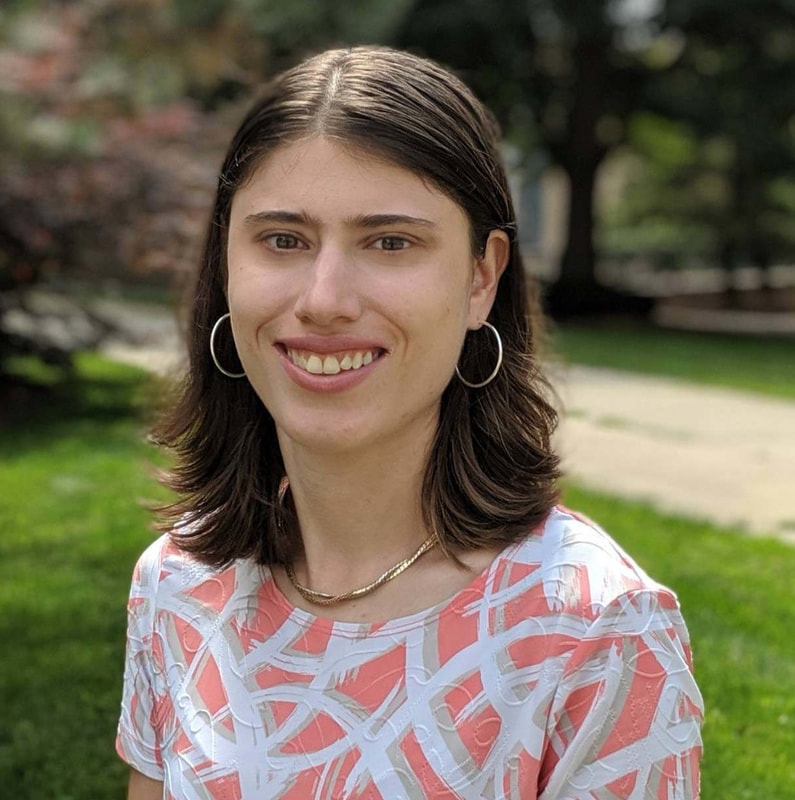This post is part of series on “The Many Arms of SciComm” which will introduce concepts and ideas leading up to Science Talk ’22. Registration is open until March 16th.

Four years ago today I left my position at UNC Research to start my career as a full-time freelance photographer, videographer, and science writer.
Four years. That’s 1,461 days. It is also exactly a quarter of my adult, professional life.
When I left the comfort and security of my state employee job, I told everyone I was excited. But I was mostly stressed. I experienced a lot of self-doubt and sleepless nights. Venturing out on my own to navigate the world of full-time freelance work was daunting to say the least. Everything was a struggle: making enough money, finding enough work, getting enough sleep, exhibiting enough confidence. I lived off coffee, adrenaline, and tenacity.
Phew. Just thinking about those first few months is exhausting.
But I did it. And I’m still doing it.
I haven’t figured out everything. I have (and will always have) more to learn. But over the past four years, I have grown and evolved in ways I never could have imagined. To my pleasant surprise, becoming my own boss has been one of the most empowering and fulfilling experiences of my life.
Being a full-time freelancer that specializes in expedition work comes with a heaping dose of uncertainty—especially during pandemic times. From staying busy during a mandatory two-week quarantine to working in stormy seas, learning to accept (and even embrace) the unpredictable nature of this work has been essential.
While my paychecks are intermittent at times, the experiences I’ve gained are invaluable.
In the past four years, I have documented 10 oceanographic expeditions and eight scientific field work trips. My work has taken me to the bottom of South America, to a smattering of islands (Hawaii, Samoa, the Florida Keys), up and down the California coast, to the northwestern tip of Spain, to the middle of the South Pacific, across the equator and the international date line, into the North Atlantic, and around the Antarctic Peninsula.

I have traveled thousands of nautical miles with hundreds of scientists, engineers, technicians, and maritime professionals from all over the world. I have produced content for the National Science Foundation, the Schmidt Ocean Institute, the Ocean Exploration Trust, NASA Earth Expeditions, the National Academy of Sciences, and the Woods Hole Oceanographic Institution.
I have continued to refine my professional crafts (photography, science writing, and video production) but I have also added another skillset: public speaking. From in-person presentations to panels to podcasts, I have given dozens of talks about what I do.
In March, I will travel to Portland, Oregon to give a presentation at Science Talk 22 about how to make the jump into full-time freelance work. In April, I will work with my intern to produce content for the North Carolina Science Festival. In May, I will travel to Hawaii for my sixth expedition aboard the E/V Nautilus.
The past 1,461 days are proof: I can make a living by going on big adventures. I can work efficiently at sea. I can maintain a balance between the fast pace of expedition life and the slower pace of life at home. I can share my experiences. I can inspire people.
Now that I’ve been doing it for four years, I can see that being a professional adventurer is not only possible — it is exactly what I should be doing.
*A version of this post can be found on Marley Parker’s personal blog.



good article!